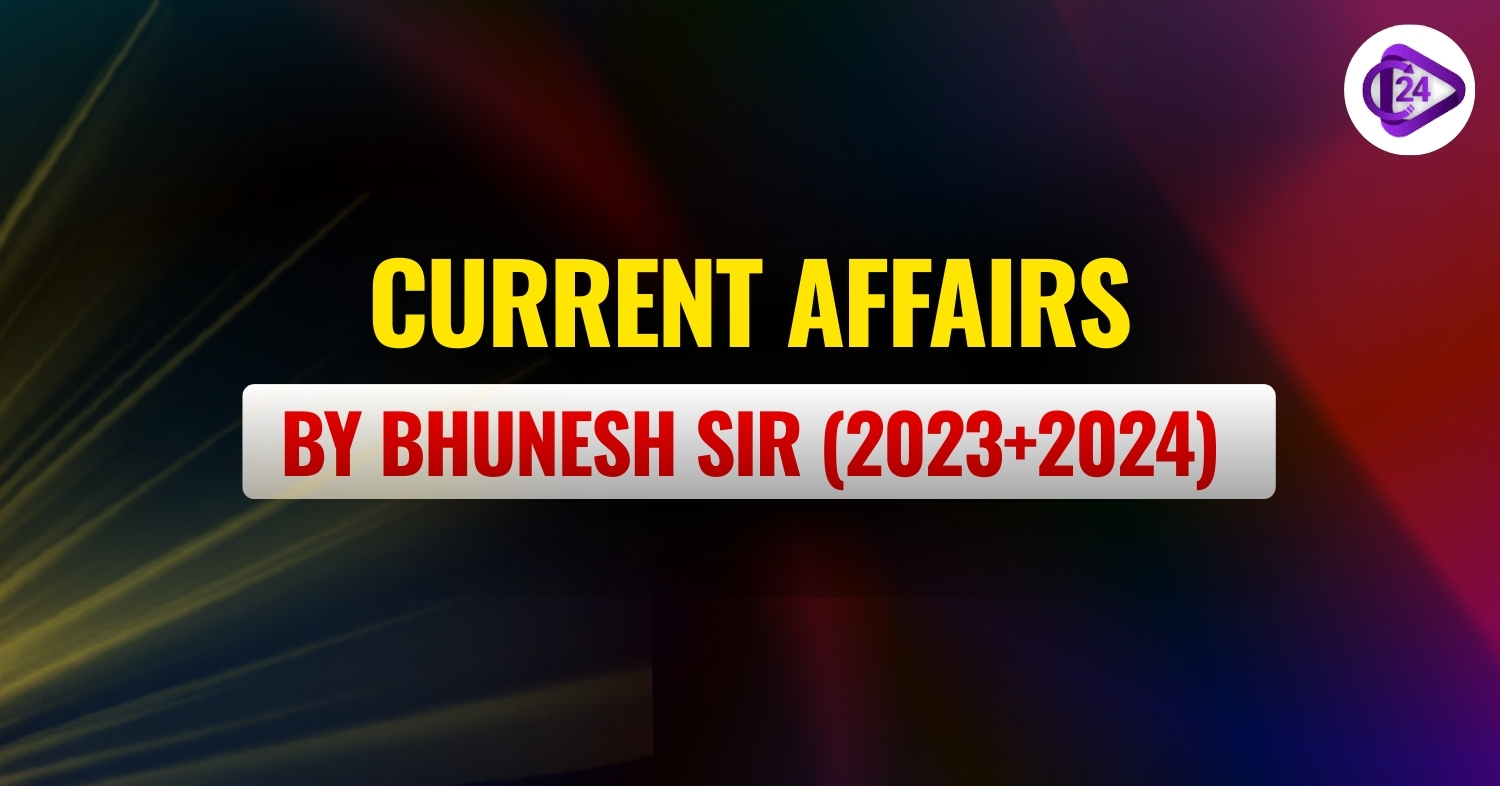Daily Quizzes
Mock Tests
No tests attempted yet.
Select Category
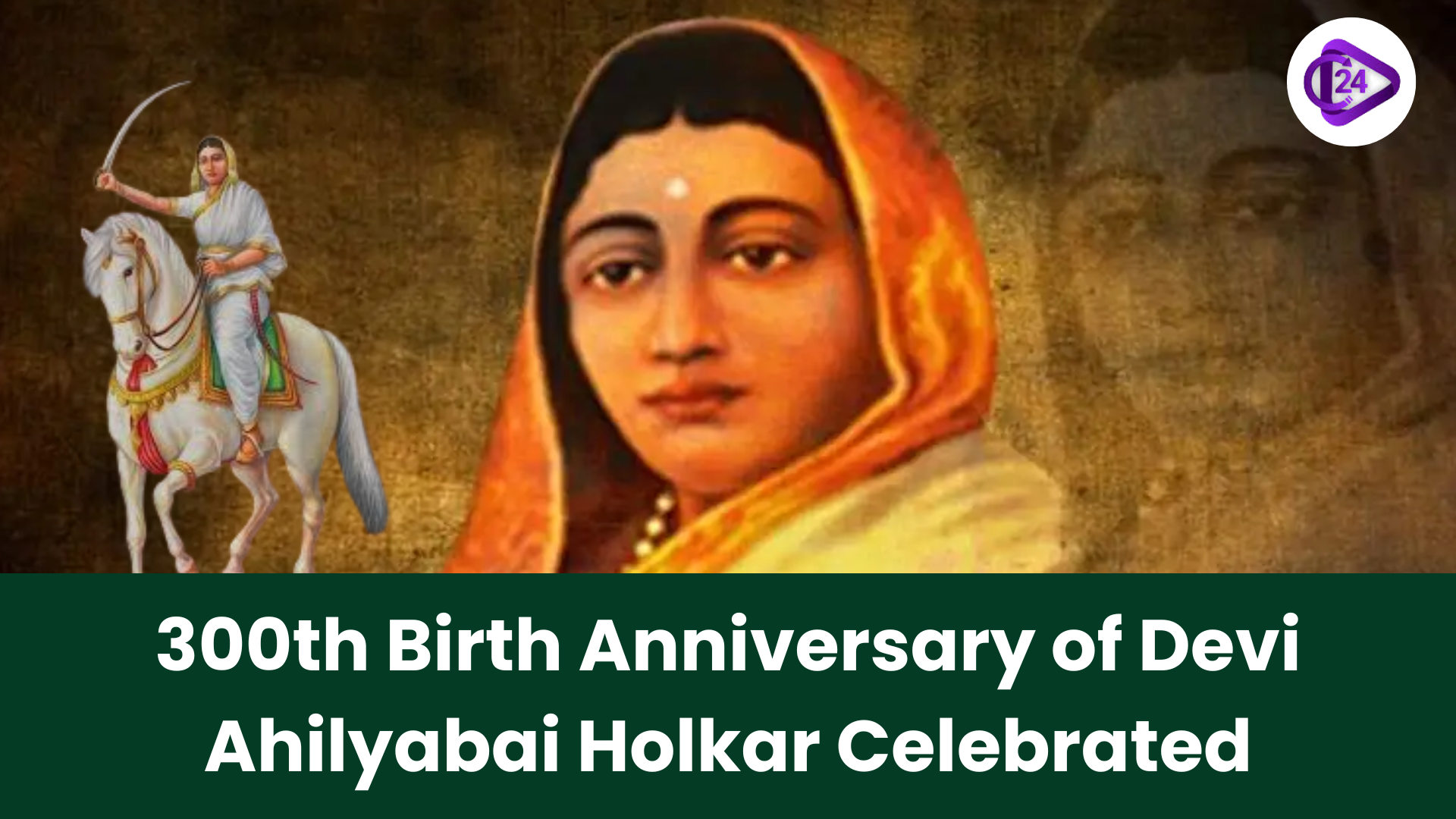
On 31 May each year, Ahilyabai Holkar Jayanti is celebrated in India as the anniversary of Rajmata Ahilyabai Holkar, a great ruler and social reformer. It will be her 300th birth anniversary in 2025 which pays tribute to her remarkable service to public affairs, buildings and administration, mainly in Indore and its vicinity. She became famous for governing effectively and fairly, although she was a woman in a patriarchal society.
Context:
-
In 2025, on 31 May, Ahilyabai Holkar Jayanti is observed to remember her birth, noting her efforts in justice, social care and development.
-
There will be special celebrations for the occasion, mainly in Madhya Pradesh and Maharashtra.
Key Details:
Who is Ahilyabai Holkar?
-
Born: on 1725 in Chondi village, Maharashtra
-
Father: Mankoji Rao Shinde.
-
Husband: Khanderao Holkar, passed away while fighting in the Battle of Kumbher (1754).
-
Father-in-law and son: She became the ruler of Indore after the deaths of her father-in-law Malhar Rao Holkar and her son Male Rao Holkar.
Reign and Rule
-
Took power in Indore after Malhar Rao Holkar died in 1767.
-
Held the title of "Holkar queen of Malwa" from 1767 to 1795.
-
She made Tukoji Rao Holkar (the son of Malhar Rao Holkar) her army’s new leader.
-
Made Maheshwar, in Madhya Pradesh, the center of the Holkar dynasty.
-
She became famous for governing effectively and fairly, although she was a woman in a patriarchal society.
Key Contributions
-
Construction of temples:
-
Somnath Temple in Gujarat which was attacked in the past by Mahmud Ghazni, Delhi Sultanate and Aurangzeb.
-
Kashi Vishwanath Temple in Varanasi.
-
-
Supporting Arts and Literature
-
Helped the Sanskrit scholar Khushali Ram.
-
Supported the Marathi poet Moropant, honored for:
-
Reflections on politics in the stories of the Ramayana and Mahabharata
-
Many Akhyanes have been written by using the Puranas as references.
-
Works of Aryabhata and Kekavati
-
-
-
Supported Shahir Anantaphandi, known for his works of Lavani and Powadas (Marathi folk songs and ballads).
Social Reforms
-
Supported girls education and widow re-marriage
-
Acted against the practices of Sati and untouchability.
-
Fought for the acceptance of Bhil, Gond and low-caste communities into mainstream society.
Economic Development
-
Established a well-structured tax regime.
-
Turned Maheshwar and Indore into main centers for trade and business.
-
Encouraged by the Maheswari weaving industry, Maheshwar sarees and fabrics now have Geographical Indications (GI) tags, making them handicraft goods.
Leadership and Administration
-
Worked to achieve peace, prosperity and trade in Asia.
-
Built Dharma-shalas, ghats, wells and places for the rest of pilgrims.
-
Renovated and restored a significant number of Hindu temples that had been broken by Mughals.
-
Ensured order, supported the building of infrastructure and supported agriculture.
-
Justice under her rule was not based on party lines and she involved all prominent groups in her administration.
About Holkar Dynasty
-
The Maratha Confederacy consisted of many Maratha clans such as:
-
Bhonsle of Nagpur
-
Gaekwar of Baroda
-
Sindhia the ruler of Gwalior
-
-
The war of 1817-1819, the Third Anglo-Maratha War, was influenced by the activities of Malhar Rao II during his rule (1811–1833).
-
As a result of losing the Battle of Mahidpur in 1817, the treaty known as the Treaty of Mandsaur (1818) was agreed upon between the Holkars and the British.
Importance of the Jayanti:
-
Most significant in Madhya Pradesh and Maharashtra, marked by festivals, praise from the public and organized programs for learning.
-
Viewing her as an example of excellent leadership and social change.
-
In 1996, a postal stamp was released in India in Devi Ahilyabai's honor.
-
The airport in Indore is called Devi Ahilya Bai Holkar Airport.
2025 Event
-
Extra celebrations and special projects are planned for the 300th birth anniversary.
-
It was announced by the Maharashtra government that a Rs 681 crore development project would be carried out at the ‘Punyashlok Ahilyadevi Holkar Smarak Sthal’.
Conclusion:
Ahilyabai Holkar Jayanti 2025 highlights the history of one of India’s respected female rulers and also encourages people to think about leadership, justice and social support. The 300th anniversary will help people realize her important influence on India’s history and culture.
UPSC Prelims Sample Question (MCQ)
Q.1 Considering the role of Ahilyabai Holkar, look at these statements:
- She had the Somnath and Kashi Vishwanath temples rebuilt.
- She promoted Sati and did not support widow remarriage.
- Textiles and trade were key in Maheshwar due to her leadership.
Which of the above statements is/are correct?
- A) 1 and 2 only
- B) 1 and 3 only
- C) 2 and 3 only
- D) 1, 2 and 3
UPSC Mains Sample Question
Q. “Ahilyabai Holkar’s leadership is seen as an example of good governance, effective administration and cultural revitalization”. Mention notable achievements of Ahilyabai Holkar in restoring temples, reforming society and improving the region.(150-200 words)



 Nine Cheetahs from Botswana Boost India’s Big-Cat Revival Drive at Kuno
Nine Cheetahs from Botswana Boost India’s Big-Cat Revival Drive at Kuno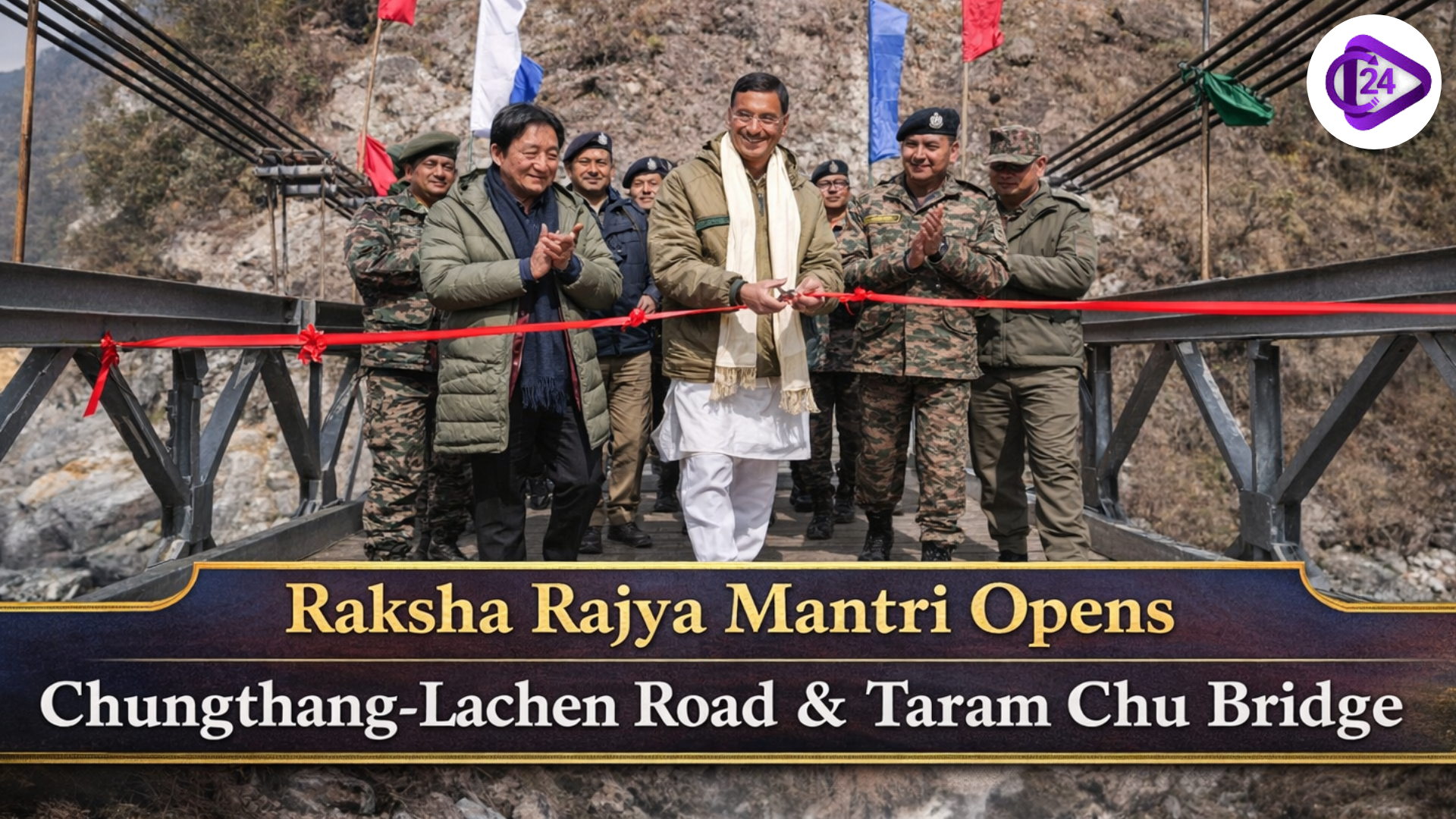 Raksha Rajya Mantri Opens Chungthang-Lachen Road & Taram Chu Bridge
Raksha Rajya Mantri Opens Chungthang-Lachen Road & Taram Chu Bridge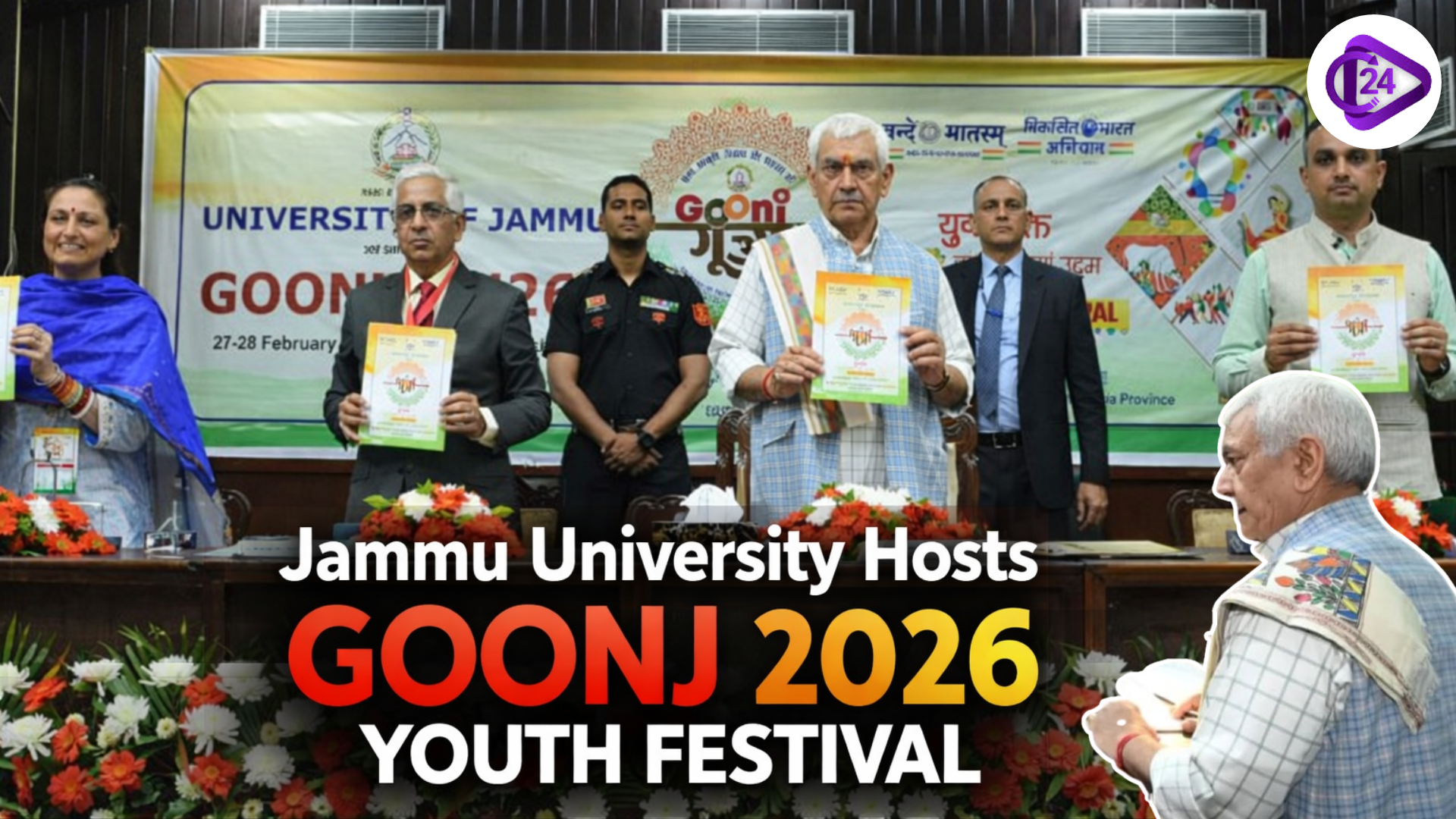 Jammu University Hosts Goonj 2026 Youth Festival
Jammu University Hosts Goonj 2026 Youth Festival North East Spring Festival 2026: Exciting 3-Day Event Begins at NEZCC Complex, Dimapur
North East Spring Festival 2026: Exciting 3-Day Event Begins at NEZCC Complex, Dimapur International Energy Agency (IEA): Structure, Functions & India’s Membership Bid
International Energy Agency (IEA): Structure, Functions & India’s Membership Bid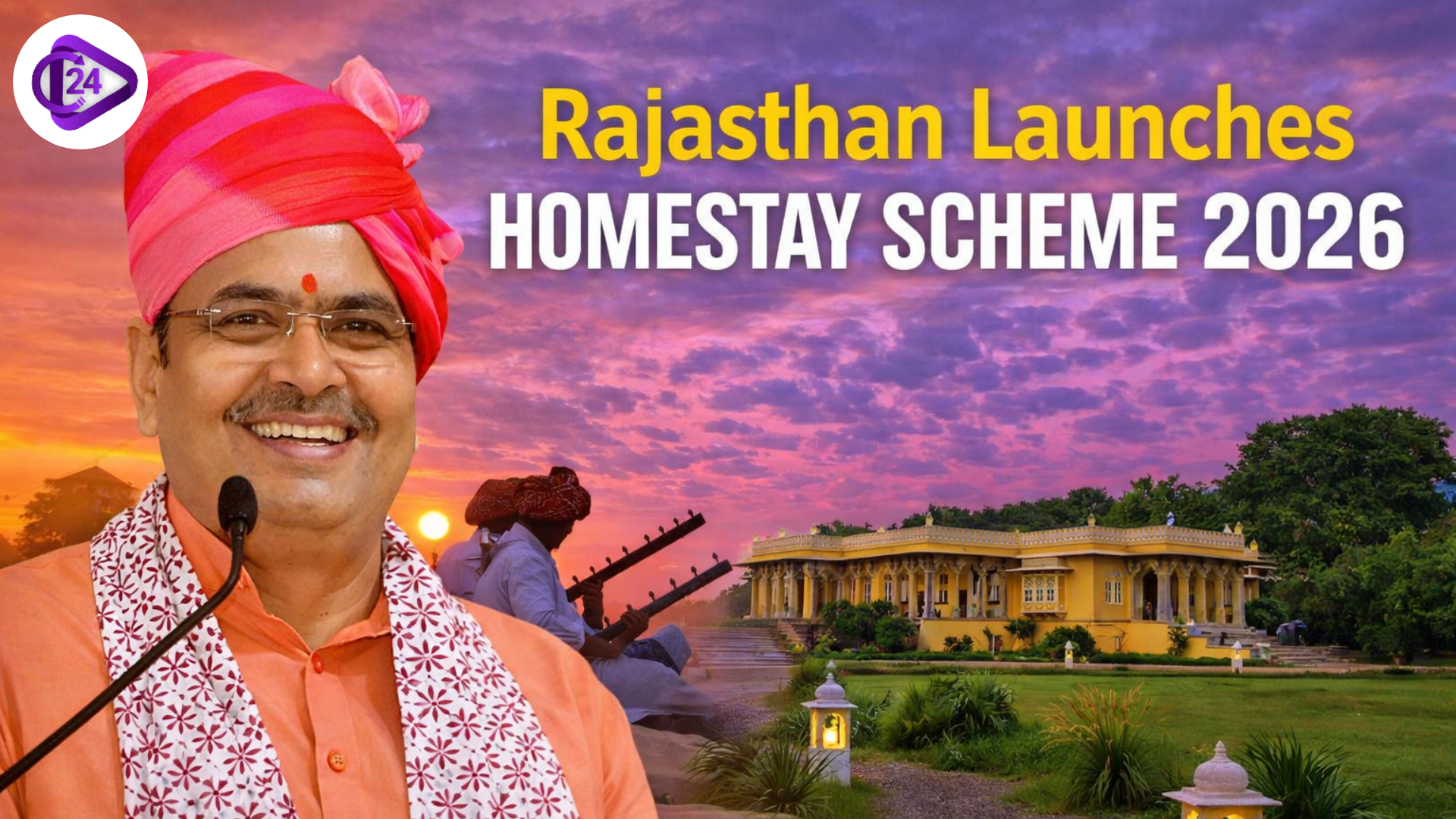 Rajasthan Launches Homestay Scheme 2026: Eligibility, Subsidy Benefits
Rajasthan Launches Homestay Scheme 2026: Eligibility, Subsidy Benefits Goa Hosts World Ocean Science Congress 2026
Goa Hosts World Ocean Science Congress 2026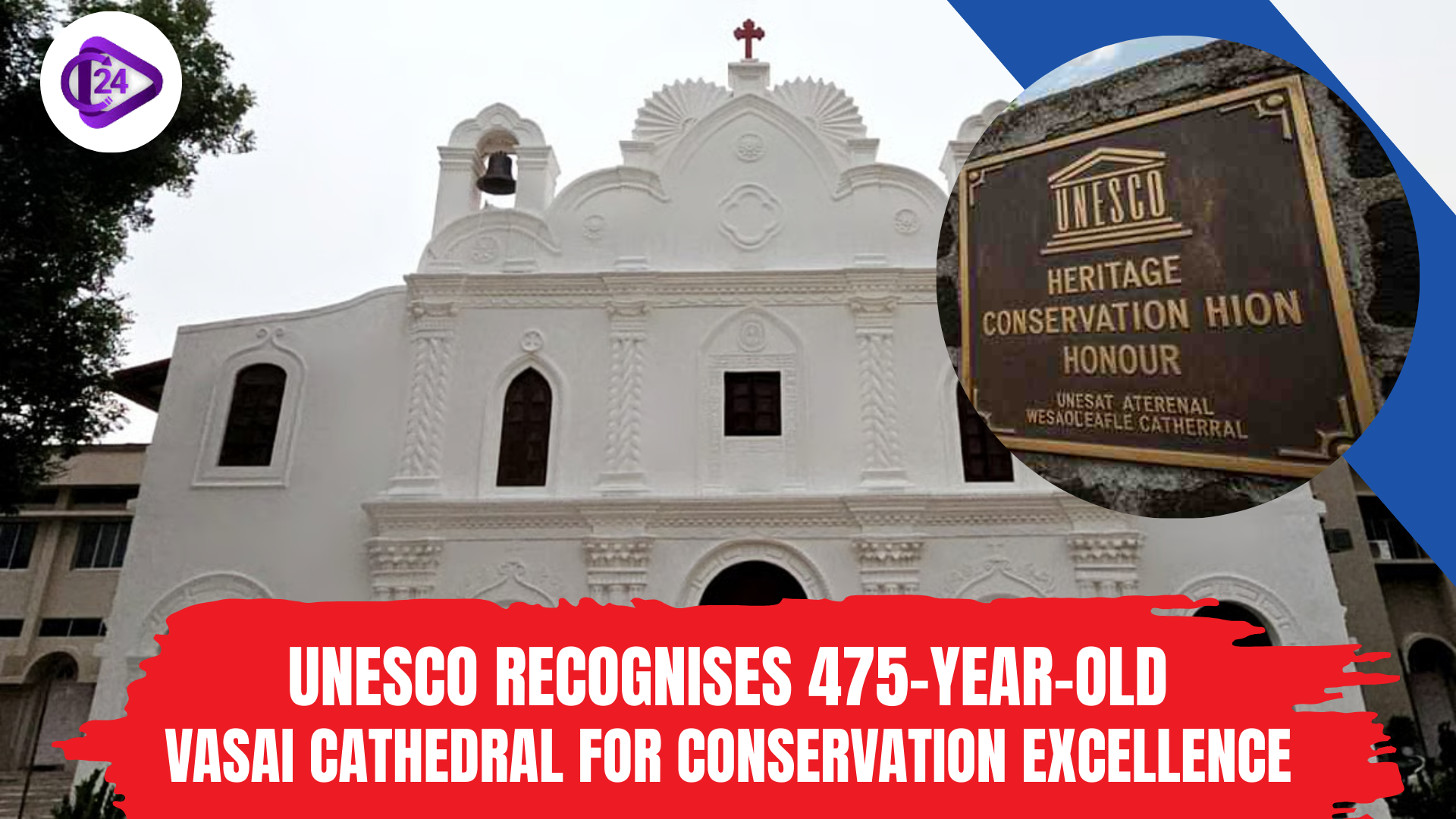 Vasai Cathedral Wins UNESCO Heritage Award 2025
Vasai Cathedral Wins UNESCO Heritage Award 2025 Vanjeevi Didi Scheme at Palamu Tiger Reserve
Vanjeevi Didi Scheme at Palamu Tiger Reserve Bharat VISTAAR
Bharat VISTAAR



